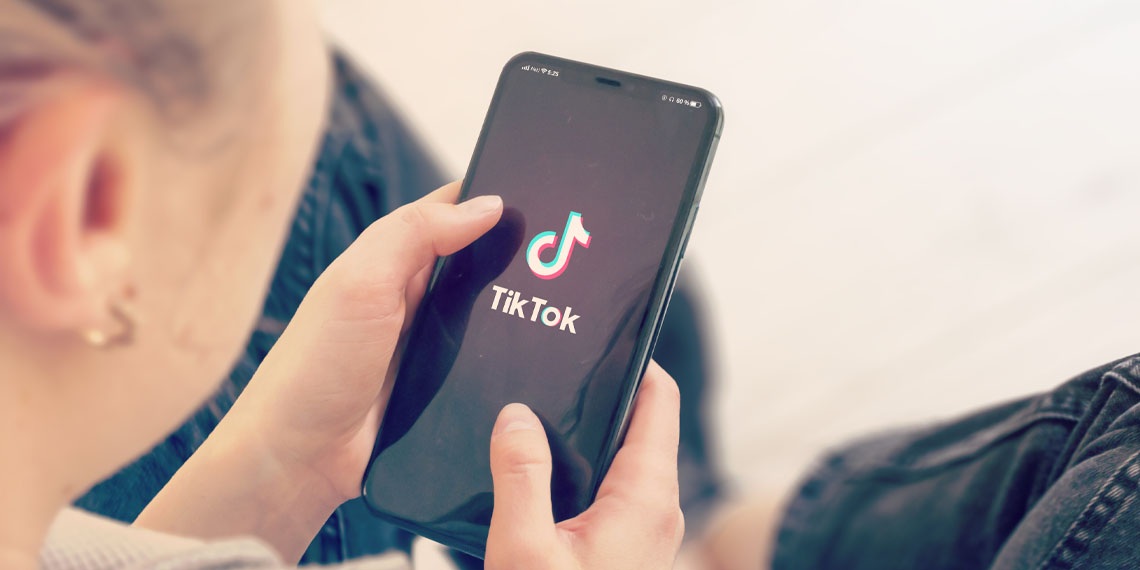A study in China found that adolescents with more severe addiction to short-form videos tend to have worse sleep quality and higher levels of social anxiety. The paper was published in BMC Psychology.
Short-form videos are brief, engaging videos that typically last between 15 seconds and a few minutes. They are designed to capture attention quickly, often featuring fast-paced edits, catchy music, or trending topics. Platforms like TikTok, Instagram Reels, and YouTube Shorts have popularized this format, making it a key tool for digital content creators. These videos are ideal for mobile viewing and are often widely shared.
Short-form videos have become extremely popular among adolescents. Statistics from China indicate that there were 934 million users of such videos in December 2021. However, researchers believe that many individuals exhibit signs of addiction to these videos, considering it a new form of video addiction. The researchers define short-form video addiction as “a chronic or periodic obsession characterized by the repeated use of short-form video apps (such as TikTok, Kwai, etc.), resulting in strong and continuous craving and addiction.”
The study authors, Li Jiang and Yizoon Yoo, aimed to explore the relationship between the severity of addiction to short-form videos, social anxiety, and sleep quality. They hypothesized that addiction to short-form videos could lead to reduced sleep quality, with social anxiety potentially playing a role in this relationship. To investigate, they conducted a survey.
The survey included 1,629 first- and second-year high school students in Shandong Province, China, of whom 831 were male. The average age of the participants was 16-17 years.
The survey assessed addiction to short-form videos using a version of the Social Media Dependence Scale adapted specifically for short-form videos, social anxiety using the Social Interaction Anxiety Scale, and sleep quality using the Pittsburgh Sleep Quality Index.
The results showed that adolescents with more severe symptoms of short-form video addiction tended to report poorer sleep quality and higher levels of social anxiety. Additionally, students with more pronounced social anxiety also reported poorer sleep quality.
The study authors tested a statistical model proposing that addiction to short-form videos increases social anxiety, which, in turn, reduces sleep quality. The results suggested that this relationship is indeed possible, but they also found that the link between short-form video addiction severity and sleep quality is not entirely mediated by social anxiety.
“Short‐form video addiction is positively correlated with adolescents’ sleep quality and social anxiety. Social anxiety partially mediates the relationship between short-form video addiction and sleep quality. The adverse effects of short-form video addiction and social anxiety on the sleep quality of this group must be minimized. Schools are recommended to implement measures to promote sleep quality among adolescents,” the study authors concluded.
While the study sheds light on the link between the severity of short-form video addiction symptoms and sleep quality, the study’s design does not allow for cause-and-effect conclusions. Although the authors suggest that short-form video addiction leads to poorer sleep quality and higher social anxiety, the results only show associations, not causal relationships. Future studies will need to investigate whether addiction to short-form videos indeed reduces sleep quality, or whether students with sleep problems simply spend more time watching short-form videos, potentially as a method of falling asleep.
The paper, “Adolescents’ short-form video addiction and sleep quality: the mediating role of social anxiety,” was authored by Li Jiang and Yizoon Yoo.




